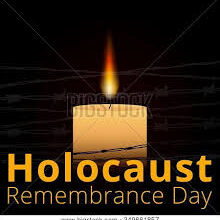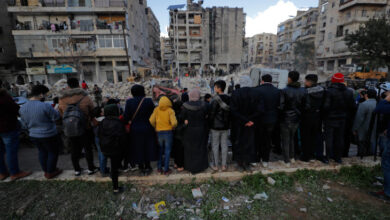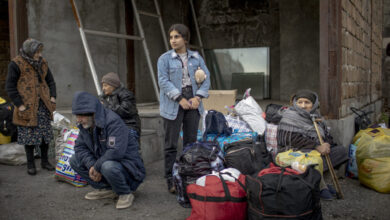An interview on the Russia-Ukraine war and its role in food security from the perspective of international law with Professor Said Mahmoudi.
Dr. Mahmoudi, a professor of law from Stockholm, answered our questions on the Russia-Ukraine war and its effects on food security.

In my opinion, the use of special operations was incorrect and clumsy. Because it leaves no room for legal discussion and even sophistry to make an action that is clearly illegal and illegitimate appear legal. This term is completely arbitrary and has no legal basis. As far as I know, Russia has never claimed pre-emptive or preventive operations. Therefore, we cannot raise this issue from the Russian side and discuss its suitability or unsuitability in this particular case. But assuming this issue was raised by Russia, the strength of such an argument is very doubtful. Neither the government of Ukraine nor NATO, as an international treaty, have ever made a promise indicating a possible attack on Russia. Of course, there is no doubt that NATO, led by the United States, has been strongly pursuing this issue and is trying to include all the countries around Russia as members of the organisation, thus putting Russia under complete siege from a political point of view. But this cannot and should not necessarily be considered as a military attack on Russian territory. From a legal point of view, when Russia decided to occupy a part of Ukraine’s territory, it should have at least tried to use the usual arguments within the framework of international law – such as protecting the lives of its nationals or the persecuted Russians in Ukraine – which have been repeated many times before. They were used by America, France and some other countries. Although these arguments have almost always been rejected by jurists or have been seriously doubted, in any case, the guilty country has at least tried to find a legal justification for its action. Special operations have neither political nor legal justification.
Russia’s military operation in Ukraine against civilian targets is a war crime when it is clearly consistent with the current definitions in customary law related to armed conflicts and of course the Geneva Conventions and related protocols. Therefore, attacking schools, hospitals and residential areas of ordinary people is naturally a war crime. Attacking the fields and sources of food production, water dam and energy production plant may be a war crime and the circumstances of each attack should be considered. If these targets are really used for military purposes (as Israel claims in justifying its attacks against the Palestinians), Russia’s attacks will be justified. Otherwise, especially if these attacks cause serious harm to civilians, they have no justification and can be considered a war crime.
3-My third question to the Professor is about blocking the way of food export ships. Isn’t blocking the export of food illegal in international law? Can’t these sea mines and possible attacks on ships, if they happen, be prosecuted?
بClosing Ukrainian ports and preventing Ukrainian exports should be considered as part of the permitted methods in armed conflict and in my opinion, it is not illegal. However, since I do not consider myself an expert in the law of war (international humanitarian law), perhaps one of the experts in this field can give the exact answer.
Regarding this question, the answer is the same as for the third question. Certainly, the result of Russia’s action creates problems in supplying food to some parts of the world, but a naval blockade is a legal action in the law of war, and two countries that are involved in armed conflict are allowed to use this method.




